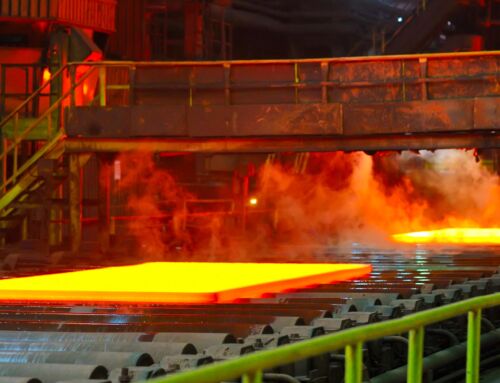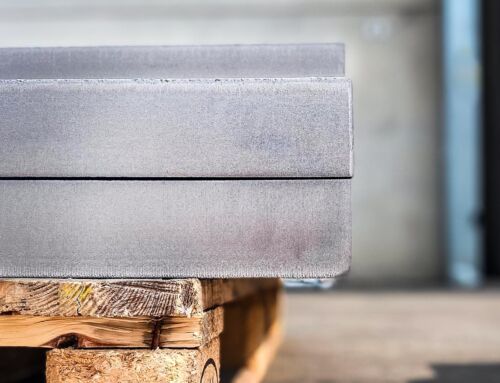Let’s delve into the chemical characteristics of steel sheets and the mechanical tests found in the certificates issued by the manufacturer.
Steel mill certificate: essential requirements
A steel mill certificate must have precise characteristics. It must include the name of the manufacturer, the name of the customer with references to the customer’s order and the manufacturer’s order confirmation. Additionally, it should indicate references to European standards regulating the issuance of the certificate (EN10204), the production of the sheet (EN10025), dimensional tolerances (EN10029), and surface tolerances (EN10163). Other details include the CE mark, the dimensions of the product, the quality of the product (e.g., S355J2+N, S355JR+AR, P355NH, P355NL2, etc.), the heat number, the plate number, the weight of the sheet, the date of issue, and the signatures of the operator and the quality control manager.
Technical Details in steel mill certificates
In addition to official details, certificates include technical details. The chemical analysis, which usually reports 14 elements, is essential to verify that the percentage of each element falls within the normative specifications. The fifteenth value, Ceq or Cev, indicates the Carbon Equivalent, a crucial weldability index. A Ceq value slightly above 0.40% for S355J2+N indicates good weldability. Manufacturers calculate the Ceq through a mathematical equation that includes various elements of the chemical analysis, ensuring reliability.
Thermal treatments indicated in the certificate
The second part of the certificate may indicate any thermal treatments, for example, S355+N, where “N” stands for normalized. Normalization eliminates internal stresses in the sheet, achieved either through a furnace or a thermomechanical process. This process can only be performed for certain thicknesses and qualities; otherwise, furnace normalization is used. Understanding these treatments is crucial for comprehending the chemical characteristics of steel sheets.
Mechanical tests of steel sheets
The manufacturer performs various mechanical tests on samples taken from the sheet to certify the breaking load, yield strength, elongation, hardness, and resilience. Each test must indicate the position of the sample extraction and the temperature at which the test was performed. The results must comply with normative values to certify the material.
Importance of the certificate: ensuring accurate chemical characteristics of steel sheets
The certificate is the identity card of the sheet. A sheet without a certificate has no guarantees in case of issues. The certificate can only be issued by the manufacturer, with the possibility of intervention by an external body for further assurance (cert. 3.2) or integration with a chemical analysis certificate (cert. 2.1).
Conclusion
In summary, the steel mill certificate includes essential details to ensure the quality and compliance of the sheets. We will further explore the chemical characteristics of the sheets and the mechanical tests in upcoming articles to provide a comprehensive understanding of these crucial aspects.







